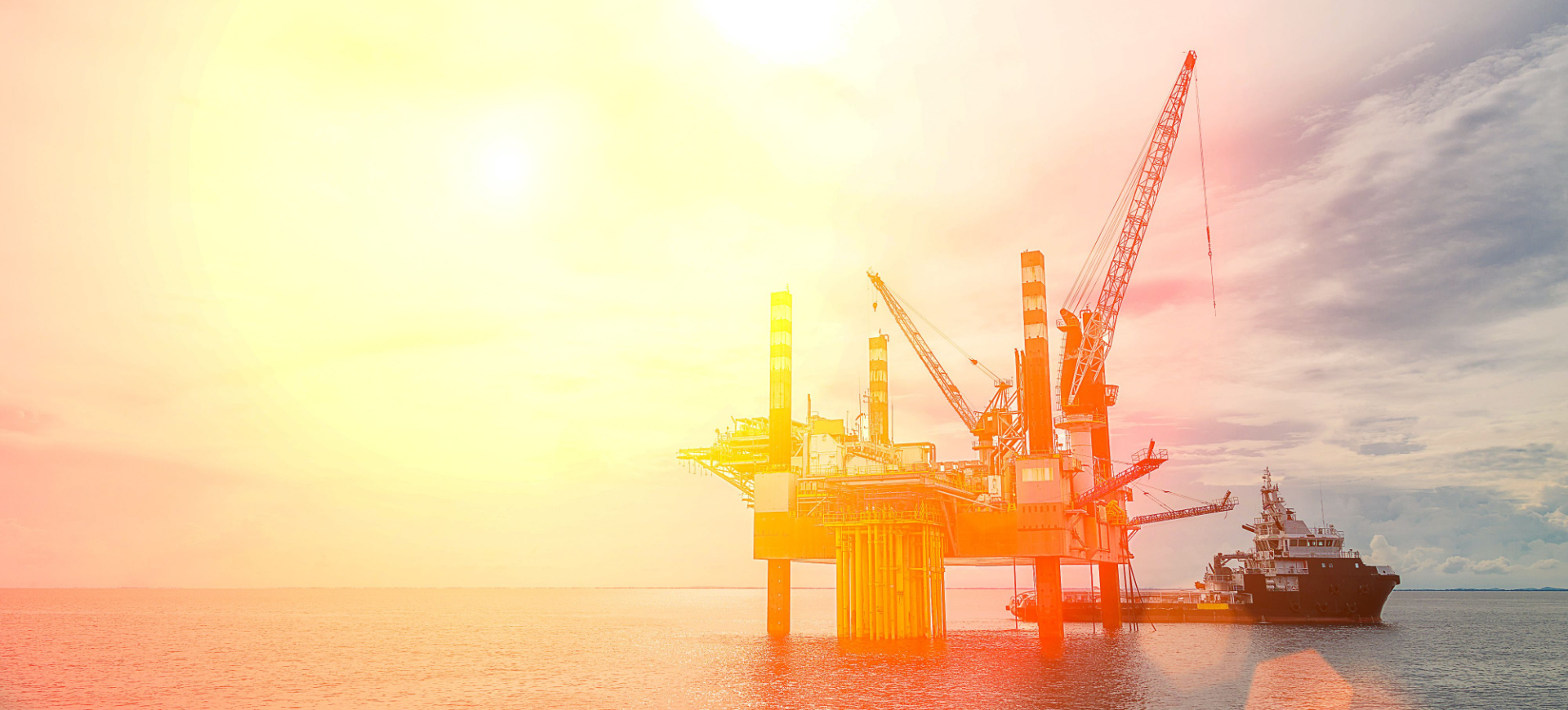Energy transitions guided by realism
Energy security for all and decarbonisation must go hand in hand – and for that, we need a pragmatic and realistic approach to the climate challenge
Everyone has an opinion on oil. Some think it is the only thing to blame for climate change. Others say using oil can just be stopped, and we should not invest anymore in new oil projects and leave the resource in the ground. Oil conjures up images of geopolitics, consumerism, historical world events, modernity, the television show Dallas and the actor Daniel Day Lewis’s performance in There Will Be Blood. Oil has featured in countless books, movies and songs, in almost every language on Earth. It is discussed everywhere from the kitchen table to the highest offices in every country in every land.
Yet how many of us are truly honest about the oil or petroleum-derived products we use in our daily lives?
We take for granted the gasoline, diesel or jet fuel that powers our internal combustion engine vehicles, ships and planes. We do not think about the fact that the roads, runways, landing strips and car parks that are part of our daily commute or take us on holiday are surfaced with a composite material consisting of bitumen, a petroleum-derived product. The tyres on the car, plane or bike that we use contain synthetic rubber, which is made from other petroleum-derived products.
The list of daily appliances derived from petroleum that we take for granted includes toothpaste, deodorant, soap, cameras, computers, upholstery, crockery, contact lenses, artificial limbs and hearts, syringes, solar panels, many types of medicine and much more.
When we consider the multitude of uses of oil, we can be clearsighted about the trajectory of future oil demand. According to OPEC’s World Oil Outlook, the global population is set to increase by 1.6 billion to 9.5 billion by 2045. By then, the global economy will be double the size it was in 2021.
We also need to remember that today not everyone benefits from the daily essentials that hail from petroleum or petroleum-derived products. Energy poverty prohibits them from doing so. The sad reality is that more than 700 million people still have no access to electricity and 2.4 billion use inefficient and polluting systems. This needs to be rectified.
More energy required
What all this means is that the world will need more energy, and all forms of energy. We see global primary energy demand rising by 23% by 2045 and oil remaining the number one fuel in the energy mix.
So the great challenge the world faces is meeting demand growth, tackling energy poverty, ensuring energy security and, of course, lowering emissions in line with the Paris Agreement. This requires global cooperation, the use of all energies and technologies, and investment on an unprecedented scale.
For the oil industry alone, cumulative investments are projected at $12.1 trillion in the period up to 2045. Recent annual levels, however, have been significantly below the annual requirements, with industry downturns, the Covid-19 pandemic, some downplaying the importance of oil, and an increasing focus on environmental, social and governance issues all contributing. Underinvestment imperils the entire energy system that we take for granted.
Energy security for all and decarbonisation must go hand in hand. OPEC members are determined to play their part in ensuring the world’s energy needs are met, in ways that continue to reduce the industry’s environmental footprint.
They are investing in upstream and downstream capacity. They are mobilising cleaner technologies and our vast pool of human expertise to help decarbonise the industry. They are making major investments in renewables and hydrogen capacity, carbon capture utilisation and storage, and other technologies, as well as promoting the circular carbon economy to improve overall environmental performance.
OPEC believes that the challenge before us must be diagnosed accurately. It is about reducing greenhouse gas emissions and not the misguided narrative of replacing one energy source with another. We need a pragmatic and realistic approach to the climate challenge.
G20 leaders in New Delhi will, one hopes, be informed by realism as they look at the fundamental pillars of successful and orderly energy transitions, namely energy security, affordability and sustainability.
Realism requires us all to recognise the integral role oil plays in daily life – the role it has played and continues to play in shaping modernity.
Everyone has an opinion on oil. It is because it matters to all of us.












